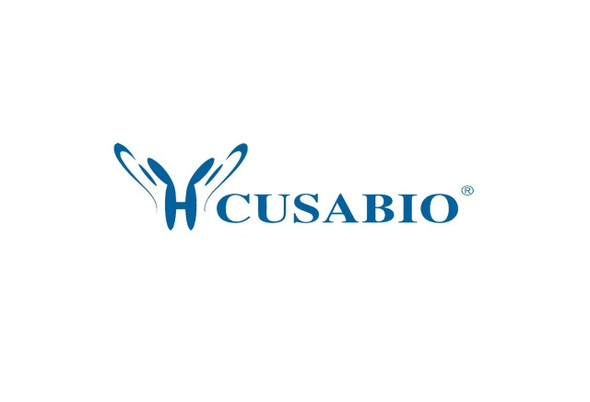Cusabio Polyclonal Antibodies
Phospho-BCL2 (Ser87) Antibody | CSB-PA971921
- SKU:
- CSB-PA971921
- Availability:
- 3 to 7 Working Days
- Size:
- 100ul
Description
Phospho-BCL2 (Ser87) Antibody | CSB-PA971921 | Cusabio
Phospho-BCL2 (Ser87) Antibody is Available at Gentaur Genprice with the fastest delivery.
Online Order Payment is possible or send quotation to info@gentaur.com.
Product Type: Polyclonal Antibody
Target Names: BCL2
Aliases: Apoptosis regulator Bcl-2; BCL2;
Background:
Suppresses apoptosis in a variety of cell systems including factor-dependent lymphohematopoietic and neural cells. Regulates cell death by controlling the mitochondrial membrane permeability. Appears to function in a feedback loop system with caspases. Inhibits caspase activity either by preventing the release of cytochrome c from the mitochondria and/or by binding to the apoptosis-activating factor (APAF-1) .
Nencioni L, et al. (2009) J Biol Chem 284, 16004-15. Pattingre S, et al. (2009) J Biol Chem 284, 2719-28. Wei Y, et al. (2008) Mol Cell 30, 678-88.
Isotype: IgG
Conjugate: Non-conjugated
Clonality: Polyclonal
Uniport ID: P10415
Host Species: Rabbit
Species Reactivity: Human, Mouse, Rat
Immunogen: Peptide sequence around phosphorylation site of serine 87 (A-L-S (p) -P-V) derived from Human BCL-2.
Immunogen Species: Human
Applications: ELISA, WB
Tested Applications: ELISA, WB;WB:1:500-1:1000
Purification Method: Antibodies were produced by immunizing rabbits with synthetic phosphopeptide and KLH conjugates. Antibodies were purified by affinity-chromatography using epitope-specific phosphopeptide. Non-phospho specific antibodies were removed by chromatogramphy using non-phosphopeptide.
Dilution Ratio1: ELISA:1:2000-1:10000
Dilution Ratio2: WB:1:500-1:1000
Dilution Ratio3:
Dilution Ratio4:
Dilution Ratio5:
Dilution Ratio6:
Buffer: Rabbit IgG in phosphate buffered saline (without Mg2+ and Ca2+), pH 7.4, 150mM NaCl, 0.02% sodium azide and 50% glycerol.
Form: liquid
Storage: Upon receipt, store at -20°C or -80°C. Avoid repeated freeze.
Initial Research Areas: Cell Biology
Research Areas: Cancer;Cell biology;Metabolism;Signal transduction






